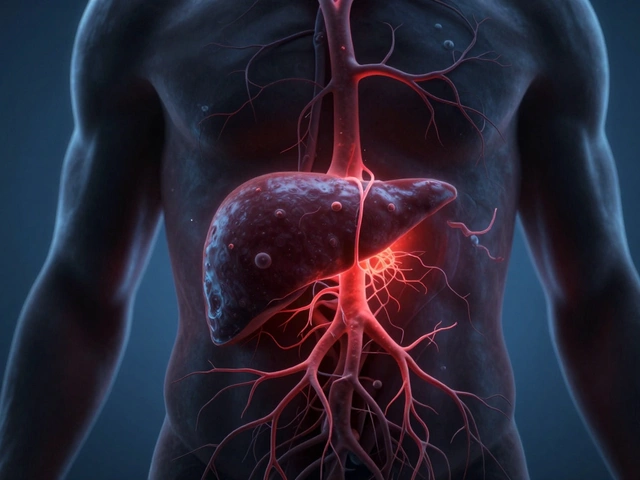IVF Myths – Clear Answers for Anyone Considering Fertility Treatment
Thinking about IVF can feel like stepping into a maze of rumors. One friend says it’s a guaranteed ticket to a baby, another warns it will erase all your family’s DNA. Both sound dramatic, but the truth sits somewhere in the middle. Below we break down the biggest myths, give you the real facts, and point you to what really matters when you’re weighing your options.
Myth #1: IVF Guarantees a Baby Every Time
It’s easy to assume that once you start IVF, pregnancy is a done‑deal. In reality, success rates depend on age, health, and the clinic’s expertise. For women under 35, the live‑birth rate per cycle is about 40‑45 %. That number drops to under 20 % for women over 40. So, while IVF dramatically improves odds, it’s not a 100 % guarantee.
What helps boost those odds? A healthy lifestyle, a good sperm sample, and a clinic with solid success data. Ask the clinic for its specific numbers for patients in your age group – that’s the most honest metric you’ll get.
Myth #2: IVF Babies Carry Only the Mother’s DNA
People often mix up genetics and the IVF process. The DNA in an IVF baby comes from the egg and the sperm, just like a naturally conceived baby. If you use a donor egg, then the donor’s DNA is passed on, not yours. The same goes for donor sperm. So, “mom’s DNA only” is false unless you’re using your own egg and partner’s sperm.
Our article “IVF Babies: Do They Really Get Their Mom’s DNA?” walks you through how genetics work in each IVF scenario, clearing any lingering confusion.
Other Common Myths Worth Knowing
Myth: IVF is unbelievably expensive for everyone. The cost varies by city, clinic, and any added procedures (like genetic testing). In India, a full IVF cycle can range from ₹80,000 to ₹2,50,000. Knowing what’s included – medication, monitoring, lab fees – helps you avoid surprise charges.
Myth: IVF always leads to multiple pregnancies. Modern clinics aim for single‑embryo transfers to reduce the risk of twins or triplets. With careful selection, a single healthy embryo can give you the same chance of success while keeping pregnancy safer.
Myth: You can’t get pregnant naturally after IVF. IVF doesn’t change your body’s ability to conceive naturally later on. Many people who complete IVF later have successful natural pregnancies.
When you’re sorting through information, focus on data from reputable sources: clinic success rates, peer‑reviewed research, and real patient stories. Our tag page pulls together posts like “IVF Cost in the USA,” “IVF Babies DNA,” and “Most Overlooked Mental Illness” to give you a broader health picture while you decide.
Bottom line: IVF is a powerful tool, but it comes with realistic odds, costs, and genetic rules. Understanding the facts helps you set the right expectations and make choices that fit your life.





